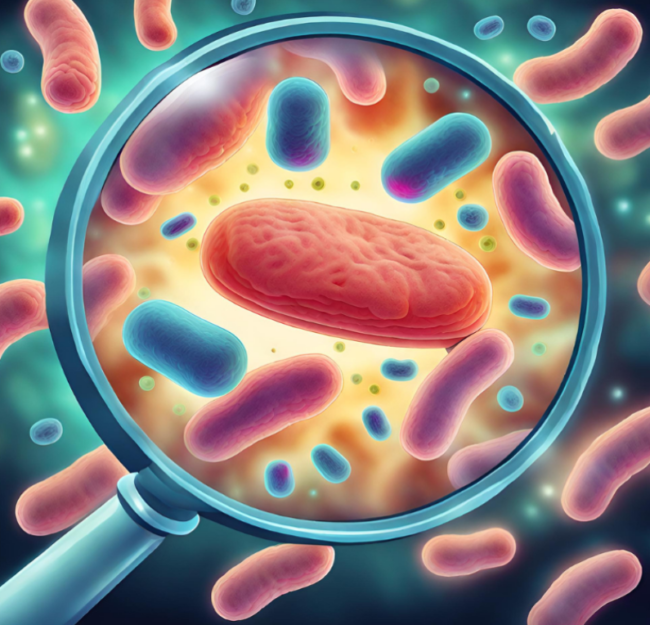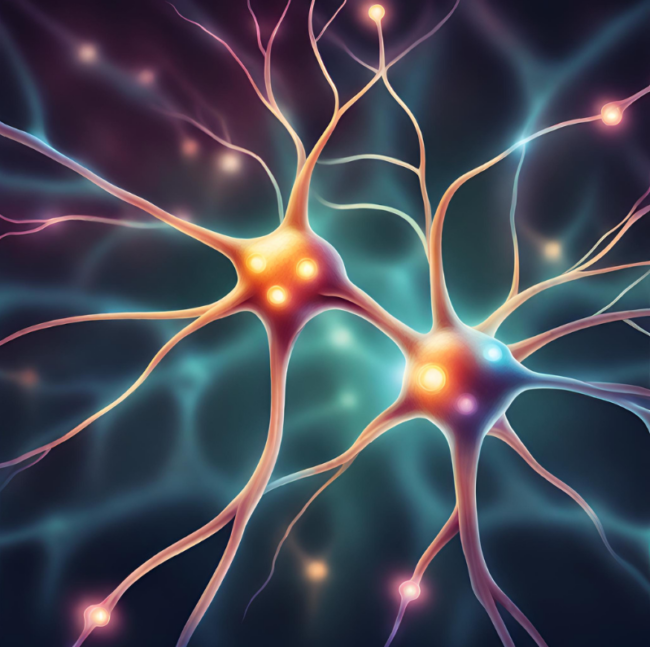In a previous article (Sexual Pain: It wasn’t the ovarian cyst), I presented the clinical case of a woman in her 50s who had experienced painful sex for 30 years. This patient had seen scores of physicians, received multiple diagnosis, and had two surgeries to try to address her pain. Unfortunately, her pain with sex continued.
Over the years she had received diagnoses ranging from endometriosis, to fibroids, to ovarian cysts. She had surgery to remove endometriosis and later on also a hysterectomy. Her pain with sex, known as dyspareunia, continued. She experienced the pain with deep vaginal penetration, that felt like stabbing deep into the right side of her pelvis, her back, and up her right side. Eventually she was experiencing this pain throughout the day, as well as during sex. In addition she experienced digestive difficulties, with no explanation to be found. She says, “Nothing was changing, and I gave up. I pretty much gave up and said to myself ‘this is what I’m dealing with.’”
The mentality of her doctors was, in her words, ‘suck it up, buttercup’. She describes how relationships can start to drift apart when sexual pain is a chronic problem. So, she decided that she would just have to live with it, and lied to her husband about the frequency and intensity of her sexual pain. Eventually, after so many years and so many doctors, she lost hope. Fortunately, though, she never gave up.
With luck and through an indirect path, she was introduced to pelvic floor physical therapy and finally, after a series of treatments, found relief. She explains,
I gave up. I thought I had tried, and I had googled, and I had looked, and all the doctors… And I want to put the onus on other women, the female physicians that I saw! No one talked about physical therapy ever, ever.
In the previous article, I discuss the clinical side of her case. In this interview, she tells about the personal side, her many years of pain, doctors, and finally how it felt to find relief. She gave permission for these articles and interviews because she wants other women to know that it is possible to find relief, even if it’s been many years of pain. She doesn’t want other women to give up hope. She stated it best, saying
Put yourself first, make sure that you’re listening to your body, doing what’s good for your body, making sure that you’re going to the doctor, getting checked out, not taking no for an answer, or not taking that first answer. Look at how many doctors I saw… 8? 10? Who knows how many different OB GYNs or just GYNs that I saw? And none of them gave me that answer that potentially could have avoided surgery. But the goal is to listen to your body and make sure to find the answers. And know that it’s okay to question a physician. It’s okay to question, right? As long as there’s respect there, the physician should be open to you asking questions.
Painful Sex Resolved With Pelvic Therapy
We Need Your Help
More people than ever are reading Hormones Matter, a testament to the need for independent voices in health and medicine. We are not funded and accept limited advertising. Unlike many health sites, we don’t force you to purchase a subscription. We believe health information should be open to all. If you read Hormones Matter, and like it, please help support it. Contribute now.
Yes, I would like to support Hormones Matter
Image by Niek Verlaan from Pixabay.












